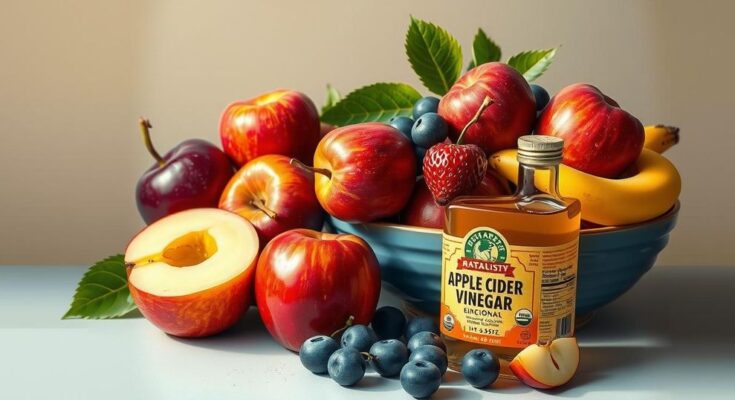In 2014, Belle Gibson rose to fame, creating a wellness empire with her app and cookbook, “The Whole Pantry,” falsely claiming she cured her terminal brain cancer through natural remedies. However, it was all a deception; she had never even had cancer. A decade later, Netflix’s series “Apple Cider Vinegar” shines a light on Gibson’s fraudulent history, reminding us that the deceptive wellness culture of the 2010s is more prevalent than ever.
The dramatisation portrays a fictional influencer, Milla Blake, who genuinely battles cancer but misguidedly follows alternative treatments reminiscent of the real Gerson therapy—a method promoted since the 1970s involving dubious practices such as coffee enemas. While the Gerson Institute continues to operate, the lack of scientific backing for these methods poses severe risks, as confirmed by Cancer Research UK.
Through its narrative, “Apple Cider Vinegar” illustrates the perils of wellness misinformation. It highlights the tragic outcome for Blake, reflecting that sometimes victims of such advice also unwittingly perpetuate harmful messages. Mallory DeMille, a correspondent, noted how the series adeptly shows this dual role of victims and propagators in wellness culture.
Social media intensifies the spread of misleading health advice, particularly on platforms like TikTok, where outlandish claims about diets and remedies gather millions of views. Incredibly, a 2024 survey revealed that over half of Gen Z users seek health tips on TikTok, while 45% of medical content on the platform is identified as misleading.
DeMille expressed hopes that “Apple Cider Vinegar” would spur dialogues on the dangers associated with medical guidance from influencers primarily seeking profit. Even a decade post-Gibson scandal, alternative health theories endure, and practices like coffee enemas have garnered surprising popularity.
The series also tackles misconceptions about plant-based diets curing cancer, which remain unsupported by scientific evidence. While consuming more plant-based foods may lower disease risk, it is crucial to recognise that no single dietary change can ensure health; genetics and lifestyle factors play significant roles in cancer prevention. As highlighted by nutrition experts, healthy dietary choices contribute to wellness as part of a broader approach to health.
Belle Gibson’s fraudulent wellness empire is the focus of Netflix’s “Apple Cider Vinegar,” highlighting the dangers of wellness misinformation. The series features a fictional cancer patient who, misled by alternative therapies, suffers dire consequences. With social media amplifying misleading health advice, the need for critical evaluation of wellness claims has never been more essential. Nutrition experts reiterate that while plant-based diets can aid in prevention, they cannot cure cancer.
The release of Netflix’s “Apple Cider Vinegar” serves not only as entertainment but also as a critical commentary on the ongoing issue of wellness misinformation. Gibson’s deception and the dangerous allure of alternative health practices are stark reminders of the need for vigilance in seeking credible health information. It urges a collective reflection on how social media influences beliefs about wellness while cautioning against succumbing to unproven remedies in pursuit of health.
Original Source: vegnews.com



